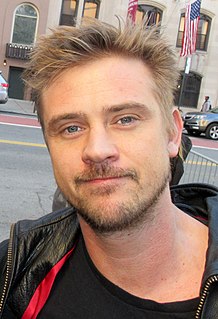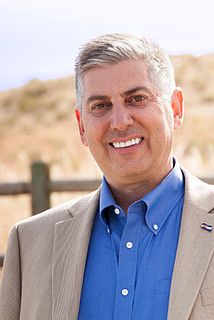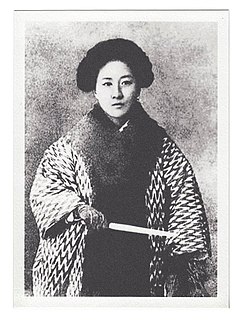A Quote by Kevin Young
We had moved cross-country from upstate New York to Kansas in the heat wave of 1980, with two cars, no air-conditioning, and a black dog. I can still see the infernal temperature of a hundred and nineteen degrees on a bank sign somewhere near Ohio.
Related Quotes
I'm drawn to write about upstate New York in the way in which a dreamer might have recurring dreams. My childhood and girlhood were spent in upstate New York, in the country north of Buffalo and West of Rochester. So this part of New York state is very familiar to me and, with its economic difficulties, has become emblematic of much of American life.
I remember going into a raggedy studio, still with my work uniform on. At the time, I was driving money trucks for Wells Fargo, so I had my gun and hat, which weighed me down in the heat. It was 97 degrees here in New York, and they had to turn the air conditioner off because it was too loud. So, I say, "Damn, it's hot in here!" That's how we came up with the song, "Damn, It's Hot." It was from our soul. We just got together, sang and made our own lyrics.
I lived in New York until I was eleven years old, when my mother left my two older sisters and my father. My mother is 90 percent blind and deaf. She left and moved all the way to California. So I left my two older sisters and my father behind at the age of eleven and moved cross-country to take care of her.
You can see the most beautiful things from the observation deck of the Empire State Building. I read somewhere that people on the street are supposed to look like ants, but that's not true. They look like little people. And the cars look like little cars. And even the buildings look little. It's like New York is a miniature replica of New York, which is nice, because you can see what it's really like, instead of how it feels when you're in the middle of it.
When I was 11, I moved to the United States with my two brothers and my mom. We moved to northern New York, up near the Canadian border, from Argentina, and there was nobody there that spoke Spanish, and because there was no internet at the time, not even cable TV yet, I lost the connection with my childhood friends and the culture I had been brought up with for my first decade completely.
If a dog is biting a black man, the black man should kill the dog, whether the dog is a police dog or a hound dog or any kind of dog. If a dog is fixed on a black man when that black man is doing nothing but trying to take advantage of what the government says is supposed to be his, then that black man should kill that dog or any two-legged dog who sets the dog on him.
Diversity is a survival factor for the community itself. A community of a hundred million species can survive anything short of total global catastrophe. Within that hundred million will be thousands that could survive a global temperature drop of twenty degrees—which would be a lot more devastating than it sounds. Within that hundred million will be thousands that could survive a global temperature rise of twenty degrees. But a community of a hundred species or a thousand species has almost no survival value at all.
































